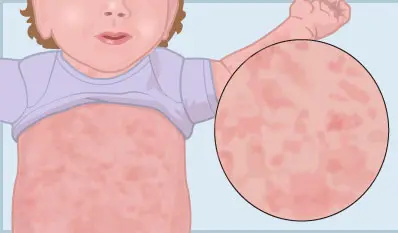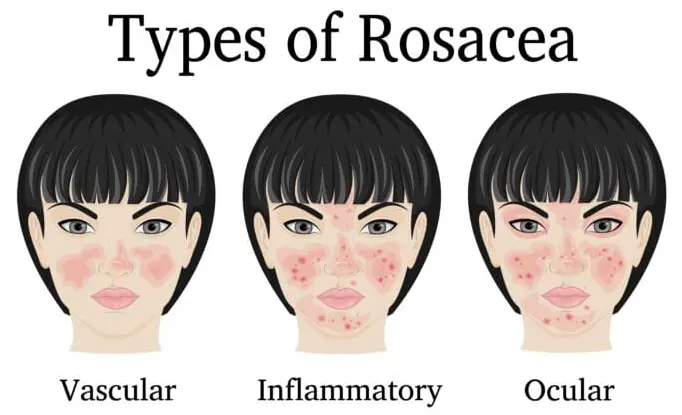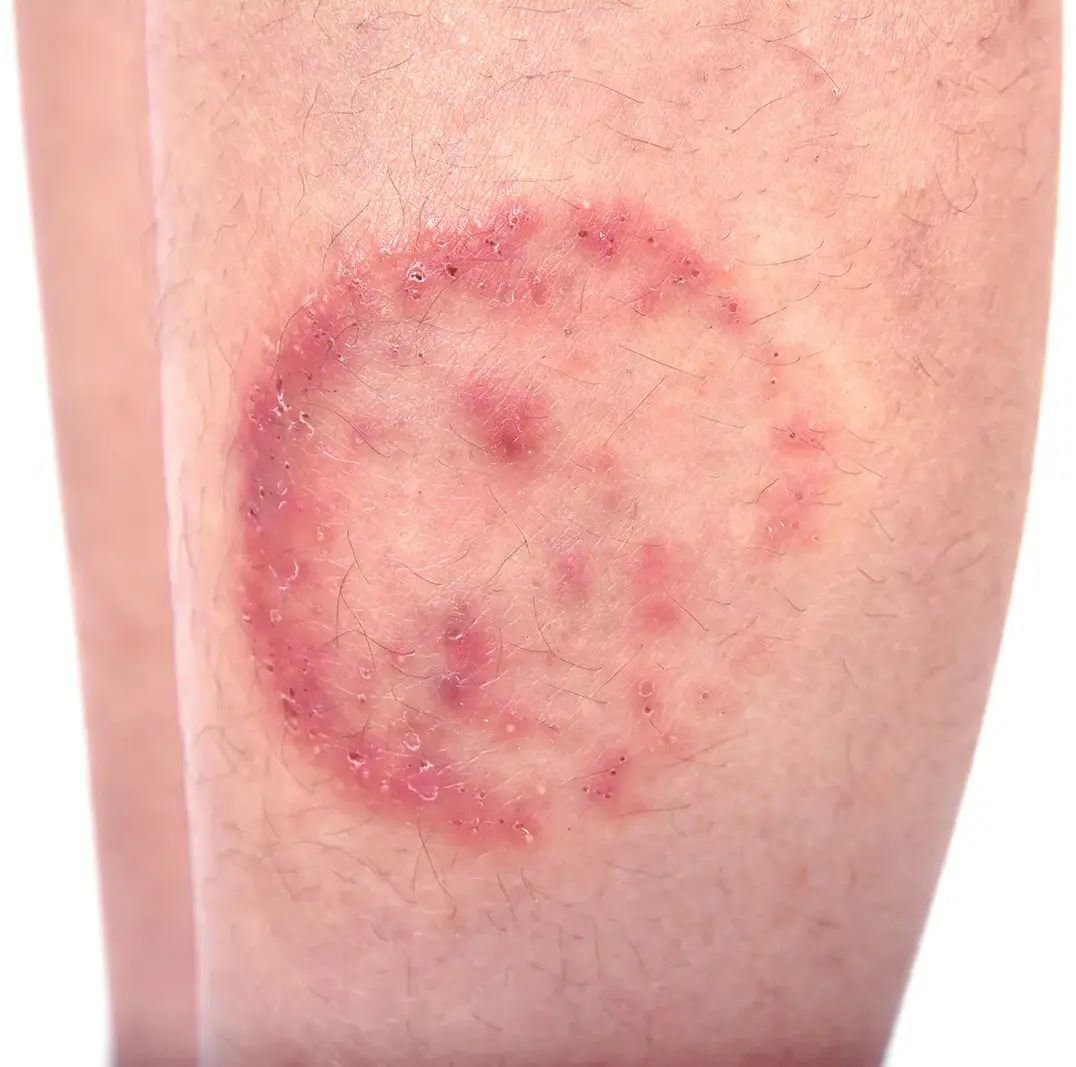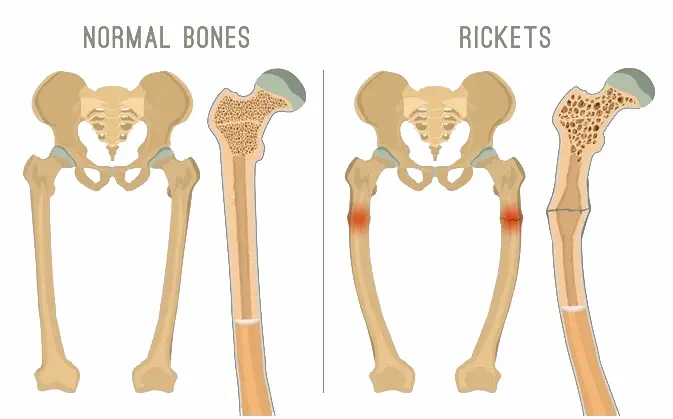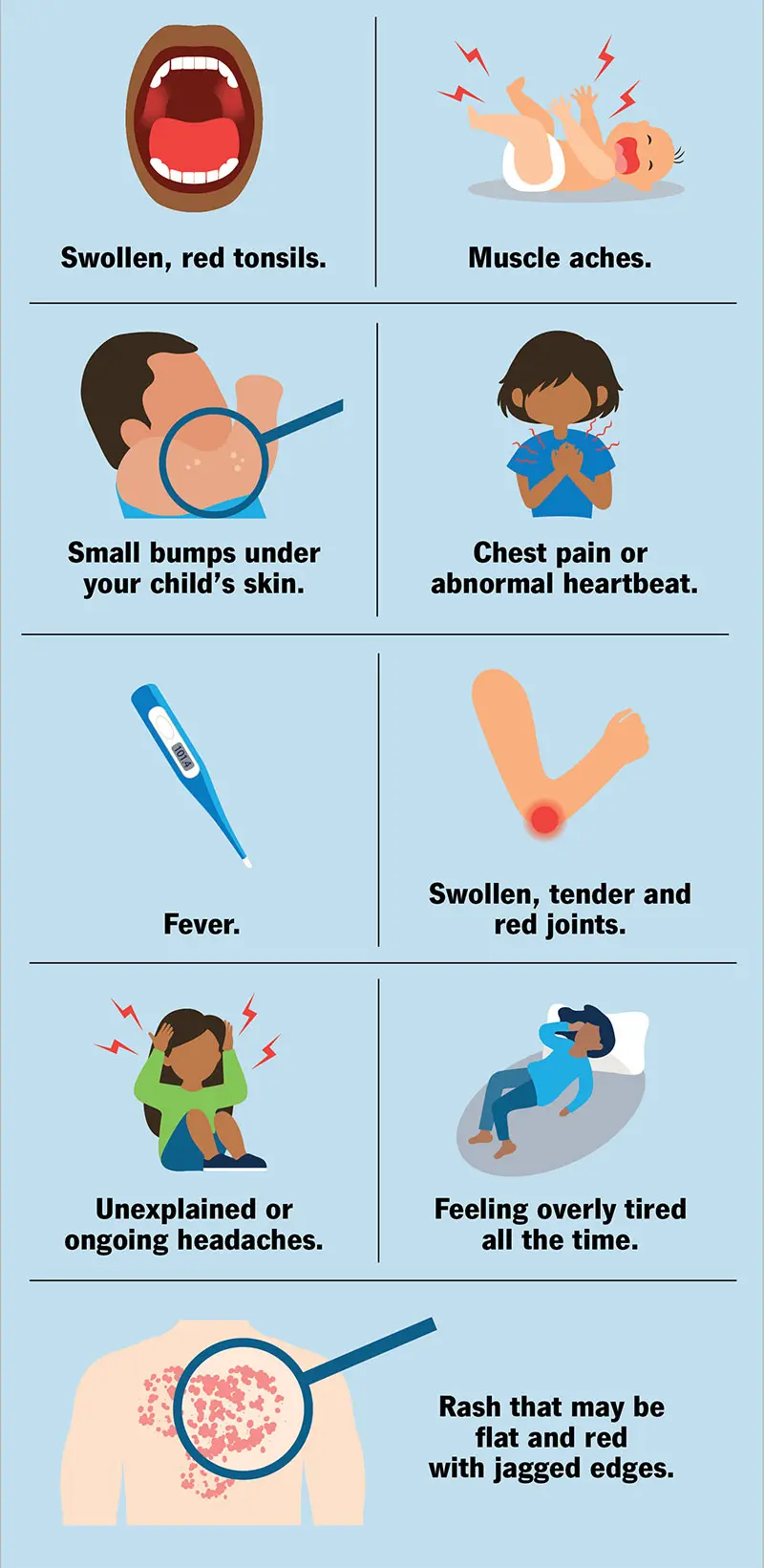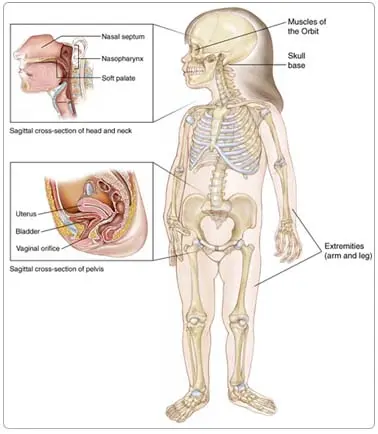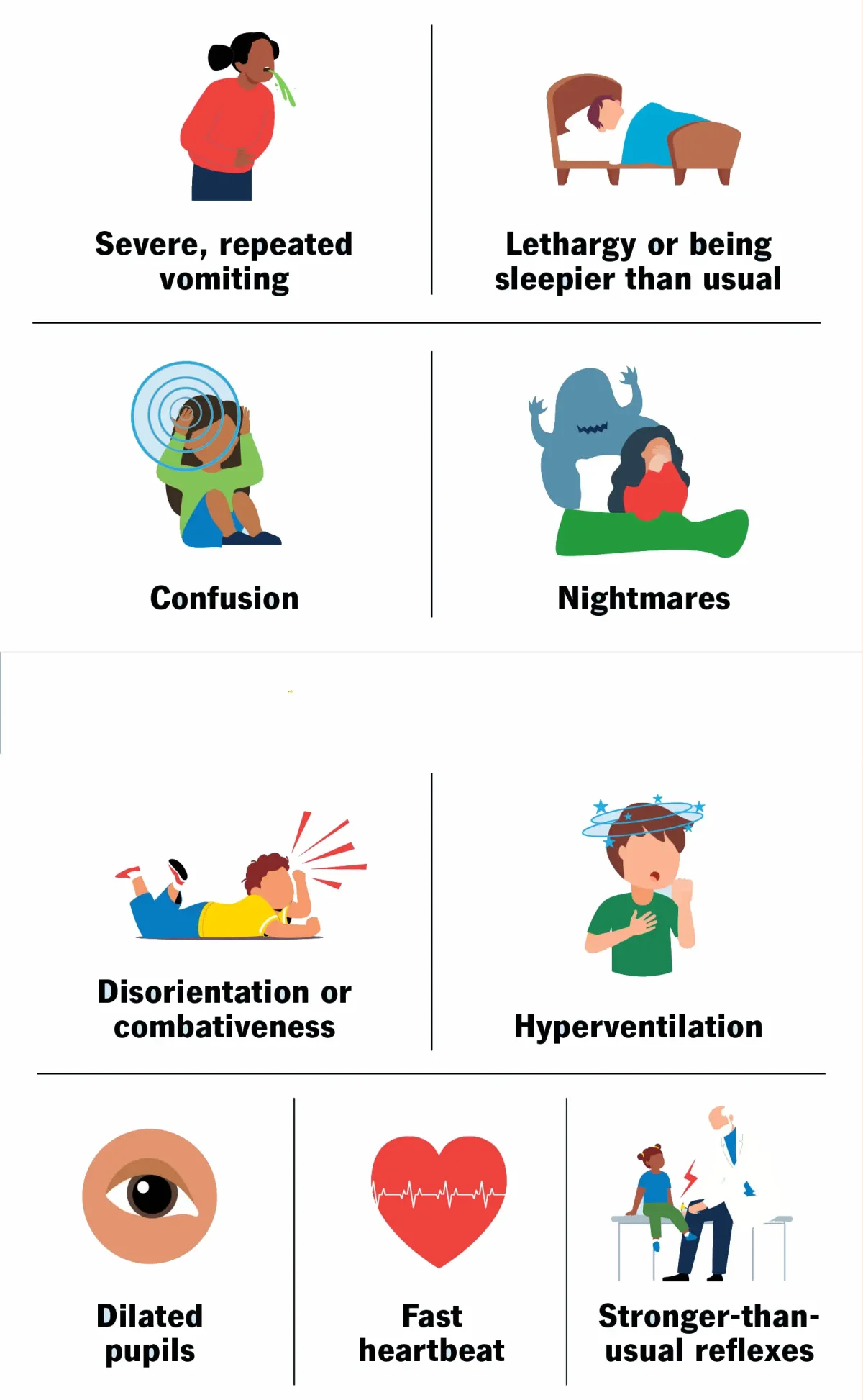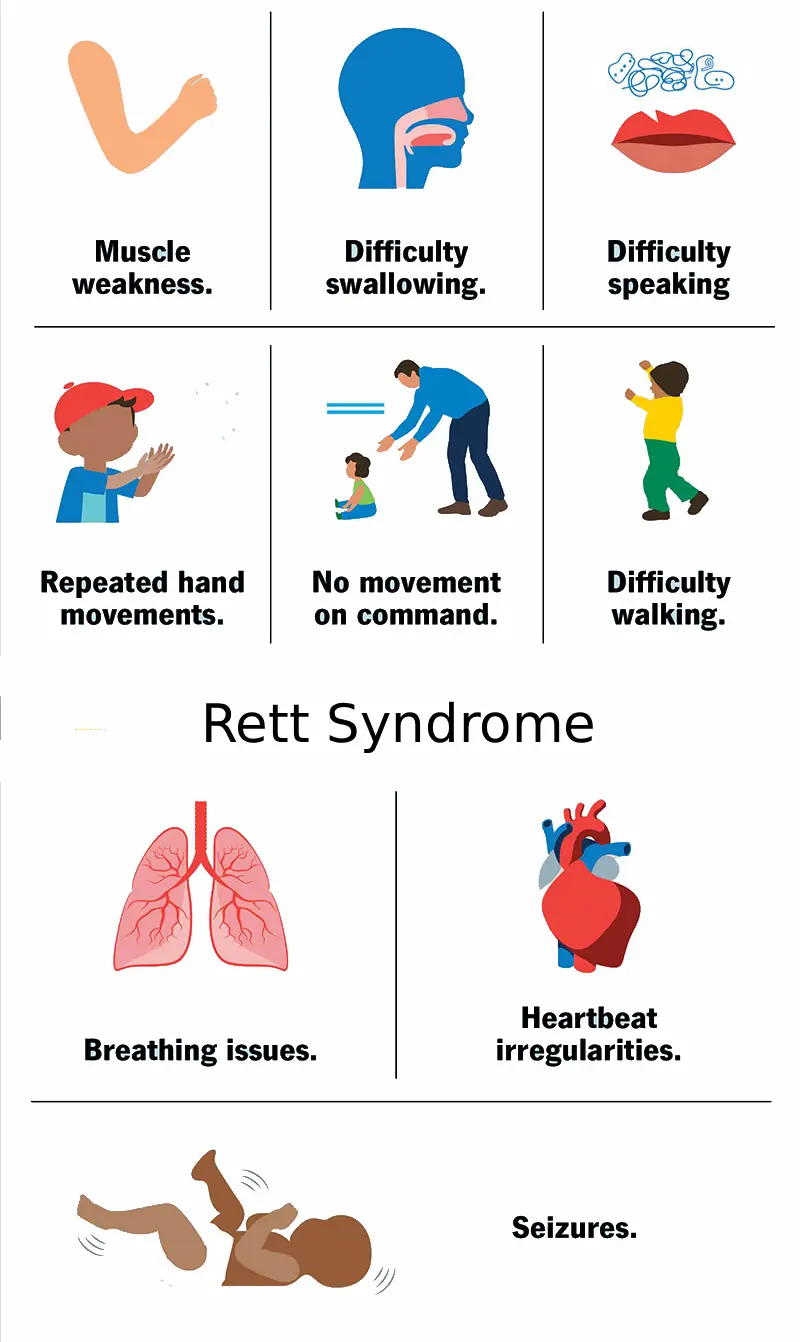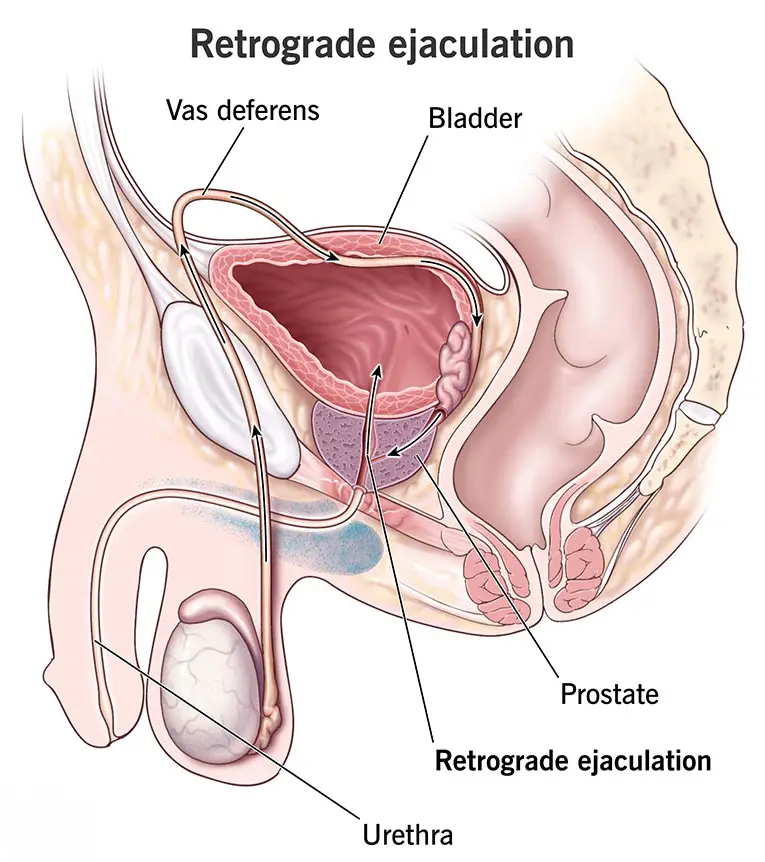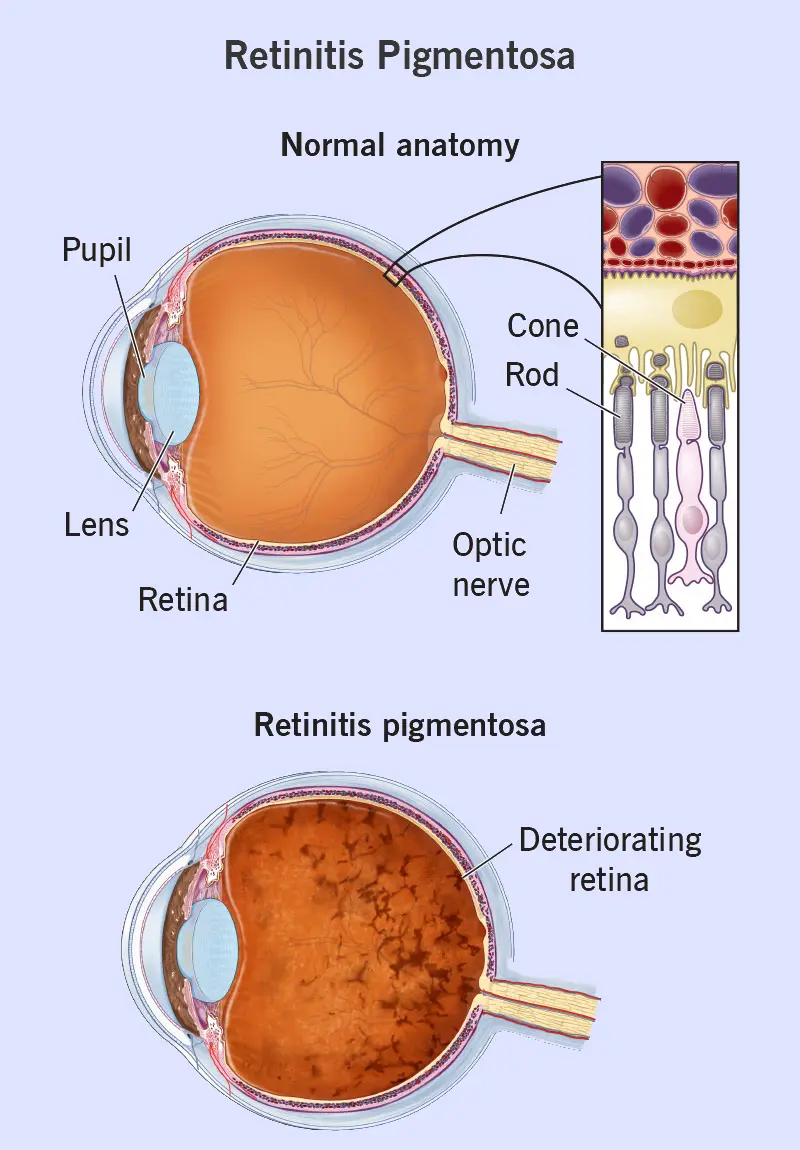Roseola is a common viral infection that primarily affects infants and young children, usually between 6 months and 2 years of age. It is most often caused by human herpesvirus 6 and, less commonly, human herpesvirus 7. Roseola is characterized by a sudden high fever followed by the appearance of a distinctive rash as the fever subsides. The illness is …
Rosacea
Rosacea is a chronic inflammatory skin condition that primarily affects the face, causing redness, visible blood vessels, and sometimes acne-like bumps. It most commonly involves the cheeks, nose, forehead, and chin. Rosacea tends to develop in adults, especially those between 30 and 60 years of age, and often follows a pattern of flare-ups and remissions. While it is not life-threatening, …
Ringworm (Body)
Ringworm of the body, also known as tinea corporis, is a common fungal skin infection that affects the outer layer of the skin. Despite its name, it is not caused by a worm but by dermatophyte fungi that thrive on keratin in the skin. The infection is contagious and can spread through direct skin contact or contact with contaminated objects. …
Rickets
Rickets is a childhood bone disorder characterized by softening and weakening of the bones due to inadequate mineralization. It most commonly results from a deficiency of vitamin D, calcium, or phosphate, which are essential for healthy bone development. Rickets primarily affects infants and young children during periods of rapid growth and can lead to bone deformities if not treated early. …
Rheumatic Fever
Rheumatic fever is an inflammatory disease that can develop as a delayed complication of untreated or inadequately treated streptococcal throat infections, such as strep throat or scarlet fever. It most commonly affects children and adolescents but can occur at any age. Rheumatic fever can involve the heart, joints, skin, and nervous system, and repeated episodes may lead to long-term heart …
Rhabdomyosarcoma
Rhabdomyosarcoma is a rare and aggressive type of cancer that develops from immature muscle cells. Although it arises from cells that normally form skeletal muscle, the tumor can occur in many parts of the body, including areas where muscle tissue is minimal or absent. It most commonly affects children and adolescents and requires prompt medical treatment for the best outcomes. …
Reye’s Syndrome
Reye’s syndrome is a rare but serious condition that causes sudden swelling of the liver and brain. It most commonly affects children and teenagers recovering from a viral infection such as influenza or chickenpox. The condition has been strongly associated with the use of aspirin and aspirin-containing medications during viral illnesses. Reye’s syndrome is a medical emergency and requires immediate …
Rett Syndrome
Rett syndrome is a rare genetic neurological disorder that primarily affects girls and leads to severe impairments in brain development. Children with Rett syndrome typically appear to develop normally during the first months of life, followed by a period of developmental regression. The condition affects movement, communication, and cognitive abilities and is caused by mutations in the MECP2 gene. Symptoms …
Retrograde Ejaculation
Retrograde ejaculation is a condition in which semen flows backward into the bladder instead of exiting through the penis during ejaculation. As a result, little or no semen is released despite the sensation of orgasm. This condition is not usually harmful to overall health but can affect male fertility and cause emotional distress. It is most commonly seen in adult …
Retinal Diseases
Retinal diseases are a group of eye conditions that affect the retina, the light-sensitive layer at the back of the eye responsible for converting light into visual signals. Damage to the retina can lead to vision impairment or blindness if not diagnosed and treated promptly. Retinal diseases can be caused by aging, genetics, systemic conditions like diabetes, trauma, or infections. …
